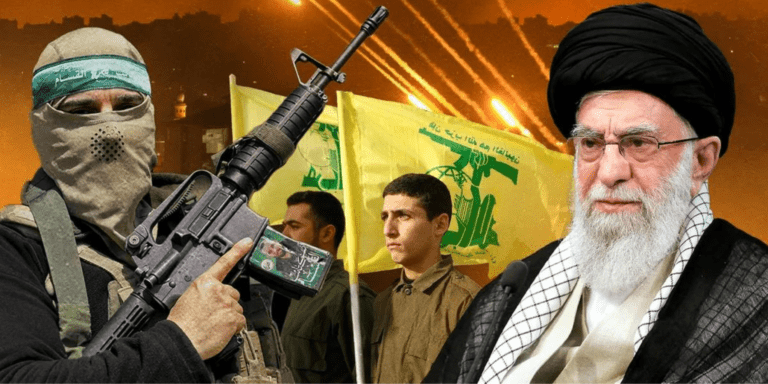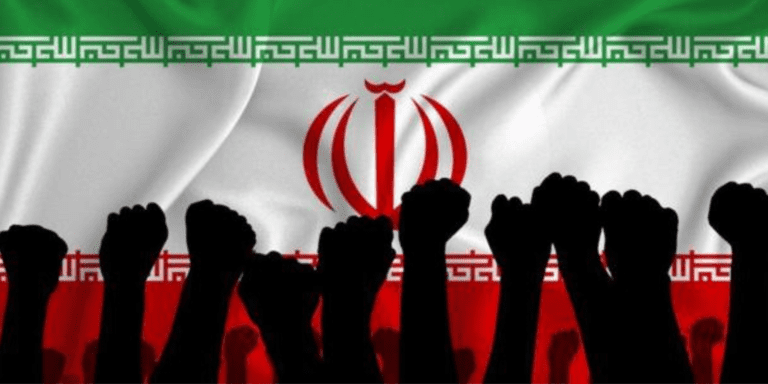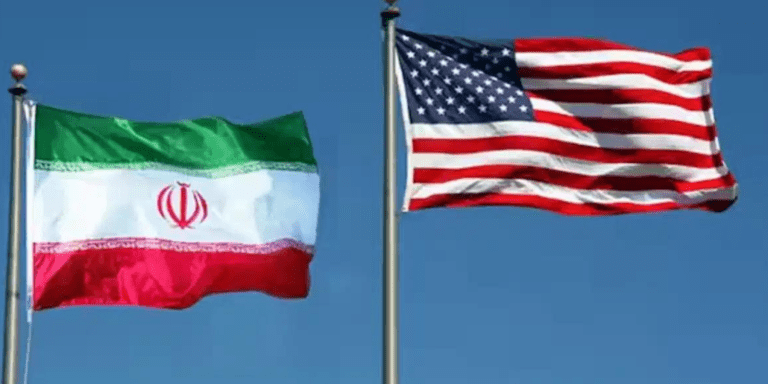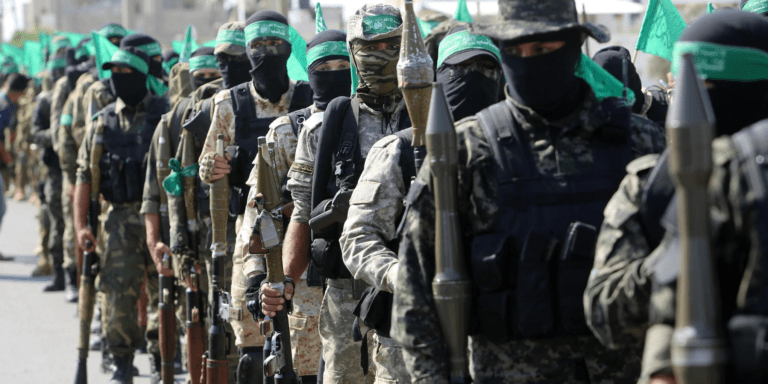What is Iran's relationship with Hamas, Hezbollah and Houthi rebels?

On one hand, the war is going on in Gaza, on the other hand, the role that Iran is playing in the entire Middle East has attracted the attention of the world.
Israel is supporting Hamas in the Gaza conflict, has fired missiles at Iraq, Syria and Pakistan, and Russia is using its weapons against Ukraine.
However, Iran has denied involvement in some attacks in the Middle East, such as attacks on Israel off Lebanon, drone attacks on US troops in Jordan and the targeting of Western ships in the Red Sea by Iran-backed groups in Yemen. .
But who are these forces and how is Iran involved in these conflicts?
Which forces have Iran's support?
There are many armed groups in the Middle East that have links with Iran. These include Hamas in Gaza, Hezbollah in Lebanon and Houthi rebels in Yemen. Apart from these, there are many groups in Iraq, Syria and Bahrain.
Many of these groups, popularly known as ‘Axis of Resistance’, have been declared extremists by Western countries.
According to Ali Vaez, an expert on Iran affairs at the think tank Crisis Group, they all have only one objective – “to protect the region from the American and Israeli threat.”
He says, “Iran faces the biggest threat from America and then from Israel, which it considers America’s proxy.”
On January 28, there was a drone attack in Jordan in which three American soldiers were killed. Iran had denied any direct involvement in this. Responsibility for this was claimed by the Islamic Resistance in Iraq, which is a coalition of several groups, some of which are supported by Iran.

This was the first attack in the region after Hamas’ attack on Israel on October 7 in which American soldiers were killed, increasing the pressure on US President Joe Biden to retaliate.
A week later, the US attacked the Iranian Revolutionary Guards Corps (IRGC) Quds Force and its associated militia groups in Iraq and Syria, and the US and Britain conducted joint airstrikes on Iran-backed Houthi rebels in Yemen.
Although it has been more than three decades since Iran took part in any Alanian war, its name keep appearing in other conflicts.
Iran has consistently denied any direct ties to proxy groups. Yet it began supporting extremist groups after the Islamic Revolution 45 years ago, and they became an important part of the country’s security strategy in the 1980s.
History of Iran and relations with America
There are two incidents which defined the relations between Iran and Western countries.
After the Iranian Revolution in 1979, it became isolated from Western countries.
The Jimmy Carter administration in Washington was desperate to free 52 American diplomats who had been held hostage for nearly a year in Tehran, the capital of Iran.

And from here a belief was formed that Iran should be punished and isolated from the international stage.
Because of this, America and its Western allies supported Iraq instead of Iran, where Saddam Hussein ruled from 1979 to 2003.
Meanwhile, a war broke out between Iran and Iraq which lasted for eight years between 1980 and 1988. In the end both of them made a peace agreement but had to pay a heavy price for it. One million people on both sides were killed and Iran’s economy was destroyed.
This incident led to the belief among top Iranian officials that Tehran should adopt a variety of methods to deal with any future attack, including ballistic missile programs and proxy armed groups.
This view gained further strength when America and Western countries attacked Afghanistan in 2001 and Iraq in 2003 and in 2011, movements broke out across the Arab world.
What does Iran want?
Members of the Popular Mobilization Forces (PMF) of the Iraqi Shia community holding photographs of their comrades killed in the US attack in Baghdad on February 4.
In terms of military capability, Iran is considered very weak compared to America, hence many experts believe that this so-called deterrence strategy is the main basis of the existence of the Iranian government.
Alex Vatanka, founding director of the Iran Program at the Middle East Institute, says, “Iran and the Axis of Resistance never want a direct war with the United States. Iran wants to push the United States out of the Middle East. This is their long-term effort to tire it out. There is a strategy.”

Kamran Martin of Sussex University in Britain argues that Iran wants to become a powerful country in the world.
Kamran, a senior lecturer in international relations, says that “Ancient Iran, known as Persia, had a very glorious past and for 12 centuries it was the most dominant country in Western Asia.”
He says, “Iran believes that it is capable of playing an important role in regional and international affairs. Persian art and literature reinforces Iran’s perception of being a great country and power.”